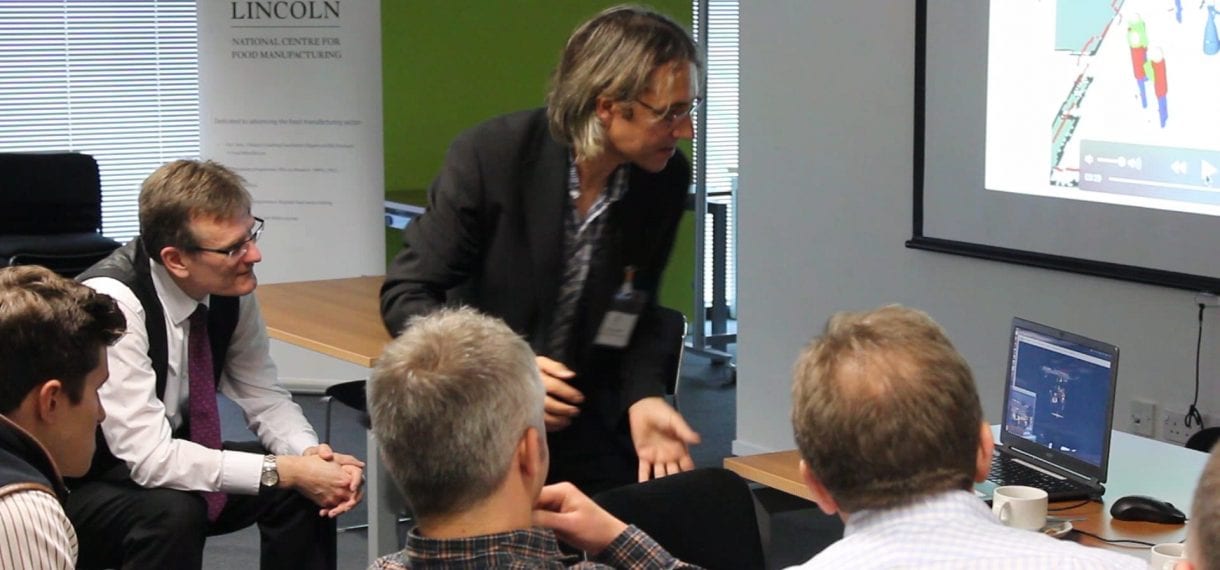

Robots emerging as agricultural co-workers
Advanced engineering could be the solution for the sustainable intensification of agriculture, as technology for producing service robots reaches maturity. An expert in robotics from the School of Computer Science at the University of Lincoln, UK, will discuss the latest developments in the sector during Agri-Tech East’s ‘Pollinator’ event on 11th October 2016.
Professor Duckett, who leads the Lincoln Centre for Autonomous Systems, will present at the event – Robo-Cropping – The Potential for Precision Robotics in Agriculture – alongside Dr Andre Rosendo from the University of Cambridge and Professor Simon Blackmore from Harper Adams University.
Professor Duckett says that agricultural robotics bring benefits of reduced labour costs, economic sustainability, less waste and better use of natural resources. The technology has the potential to be deployed at any time of day and impact positively on the productivity and life quality of agricultural workers.
His Lincoln team, part of the University’s Lincoln Institute for Agri-food Technology, has been working on multiple projects in this area including 3D mapping techniques for improving the precision of agricultural sprayers and a new project in 3D imaging for broccoli harvesting, which is producing strong results and attracting interest from end users such as the Brassica Growers Association.
Professor Duckett said: “Already we can envisage agricultural robots that could perform multiple tasks, for example, inter-changeable tools would allow switching between tasks such as seeding, tillage, spraying and harvesting. You could also have robots for agriculture and food production that would perform other useful tasks at the same time such as surveillance, keeping a watchful eye on crops, livestock and expensive farm machinery, while carrying out their primary duties on the farm or in the factory.”
A number of machinery companies are investing in the technology and a project in 3D imaging for robotic weeding is currently being carried out with a local company, Garford Farm Machinery, world leaders in automated weeding equipment.
More information is available on the School of Computer Science blog: http://socs.blogs.lincoln.ac.uk/